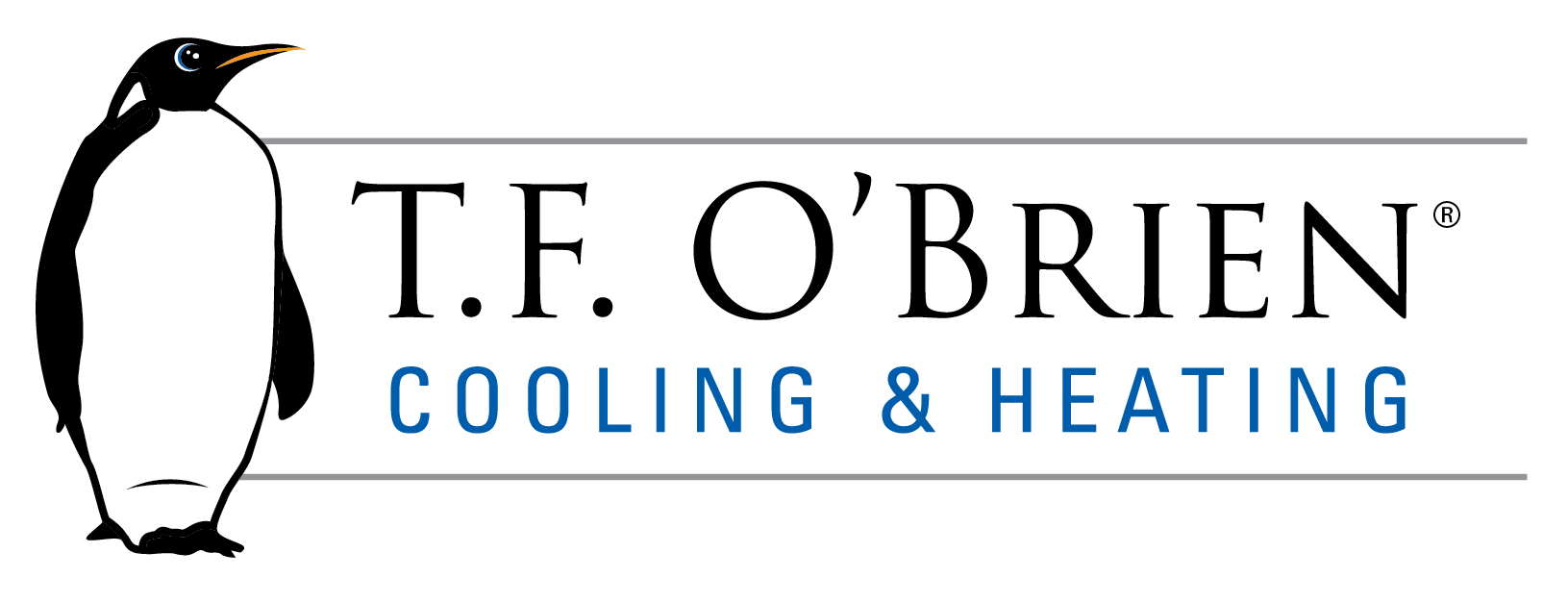Probably few of us give much thought to how our heating & air conditioning system is set up. As long as we stay cool in the summer and warm in the winter, we’re fine. There are a few things, however, that we ought to know to prevent problems. A major item to be aware of is our home air returns.
In most homes, air returns are located on or near the floor. Depending on the type in your particular home, you may not be able to tell an air return from a heat or cooling vent. That’s fine as long as they aren’t blocked and you’re having no problems.
There are two types of methods to circulate the air in a home. The first is a gravity system where cooler air near the floor falls into the air return and ducting. The second is a forced-air type. A system fan creates a suction that helps pull air into the returns.
Air returns in any heating & air conditioning system do a couple of important things. First, they keep us comfortable. The air falls or is pulled back into the system to be recycled. In an optimum situation, it is then blown into a room at one area, circulating through the room, going back again at roughly the same rate to be reprocessed. This action helps maintain a constant temperature.
As we and the air in a room move, dust, pollen, pet dander and microbes also move through the air. That air enters the return, and get processed and filtered through the heating & air conditioning system, and returns to the room as both clean and comfortable air.
A proper heating & air conditioning system keeps a balance between air coming into and air leaving a room. If a room feels stuffy in either the summer or winter, there may not be enough air returns in the room. Another reason might be that a return is blocked. Always be sure the air returns are open for good circulation.
T.F. O’Brien services the Long Island, New York area.
Our goal is to help educate our customers about energy and home comfort issues (specific to HVAC systems). For more information about preventive maintenance and other HVAC topics, please download our free Home Comfort Resource guide.
